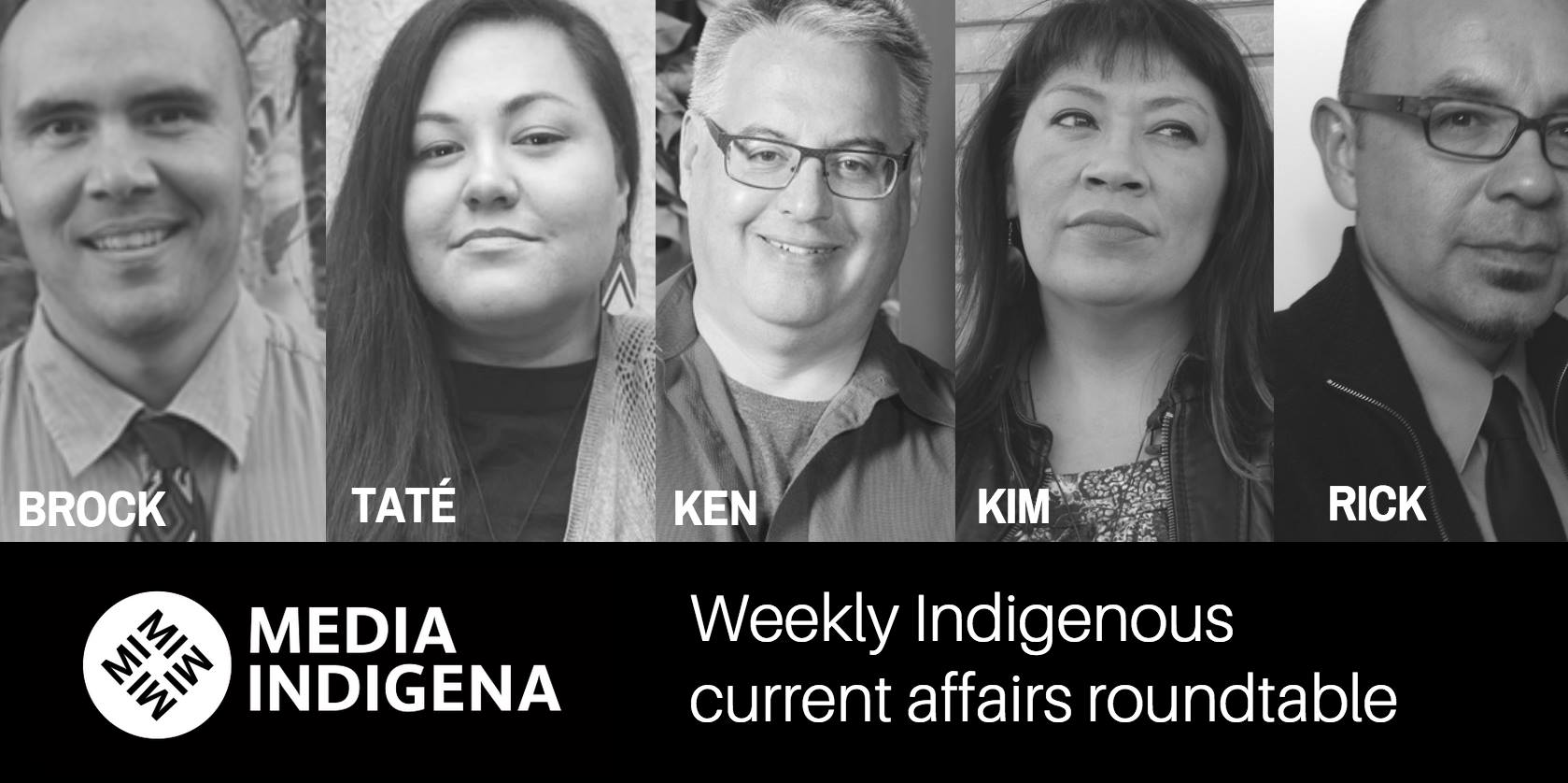Ep. 115: Why not everyone in Hawai’i is vexed over volcanoes
1. Love for lava: Why some Indigenous people in Hawai’i reject any effort to divert the flow of what others see as the utterly destructive output of the Kilauea volcano. 2. Home away from home: First Nations youth whose only chance for an education is far away in Thunder Bay advocate for a student residence in the city. 3. Living laboratories: a class action lawsuit seeks compensation for decades of medical experiments conducted on Indigenous people without their knowledge. Joining Rick Harp at the roundtable this week are Candis Callison, associate professor at UBC's Graduate School of Journalism, and Kim TallBear, associate professor of Native Studies at the University of Alberta. // Our theme is nesting by birocratic

